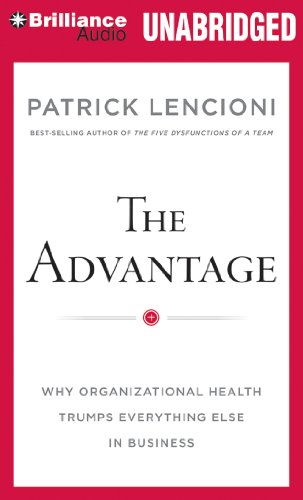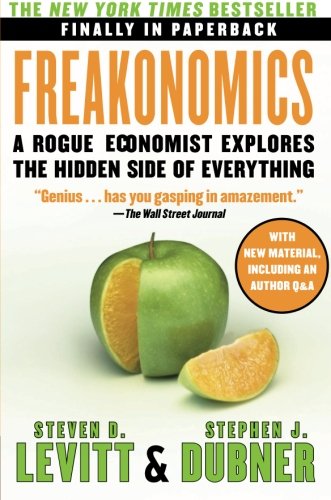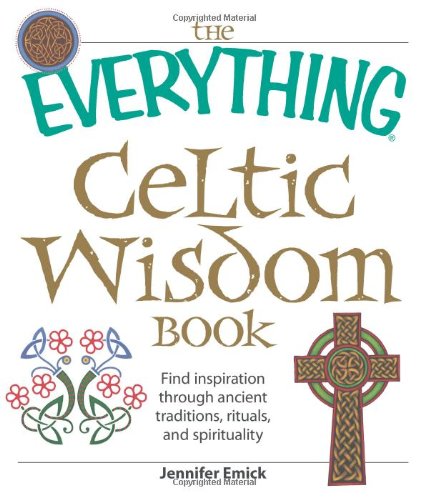
“Organizational health will one day surpass all other disciplines in business as the greatest opportunity for improvement and competitive advantage.”
This is the promise of The Advantage, Patrick Lencioni’s bold manifesto about the most unexploited opportunity in modern business. In his immensely readable and accessible style, Lencioni makes the case that there is no better way to achieve profound improvement in an organization than by attacking the root causes of dysfunction, politics, and confusion.
While too many leaders are still limiting their search for advantage to conventional and largely exhausted areas like marketing, strategy, and technology, Lencioni demonstrates that there is an untapped gold mine sitting right beneath them. Instead of trying to become smarter, he asserts that leaders and organizations need to shift their focus to becoming healthier, allowing them to tap into the more-than-sufficient intelligence and expertise they already have.
The author of numerous bestselling business fables including The Five Dysfunctions of a Team and Death by Meeting, Lencioni here draws upon his twenty years of writing, field research, and executive consulting to some of the world’s leading organizations. He combines real-world stories and anecdotes with practical, actionable advice to create a work that is at once a great read and an invaluable, hands-on tool. The result is, without a doubt, Lencioni’s most comprehensive, significant, and essential work to date.


